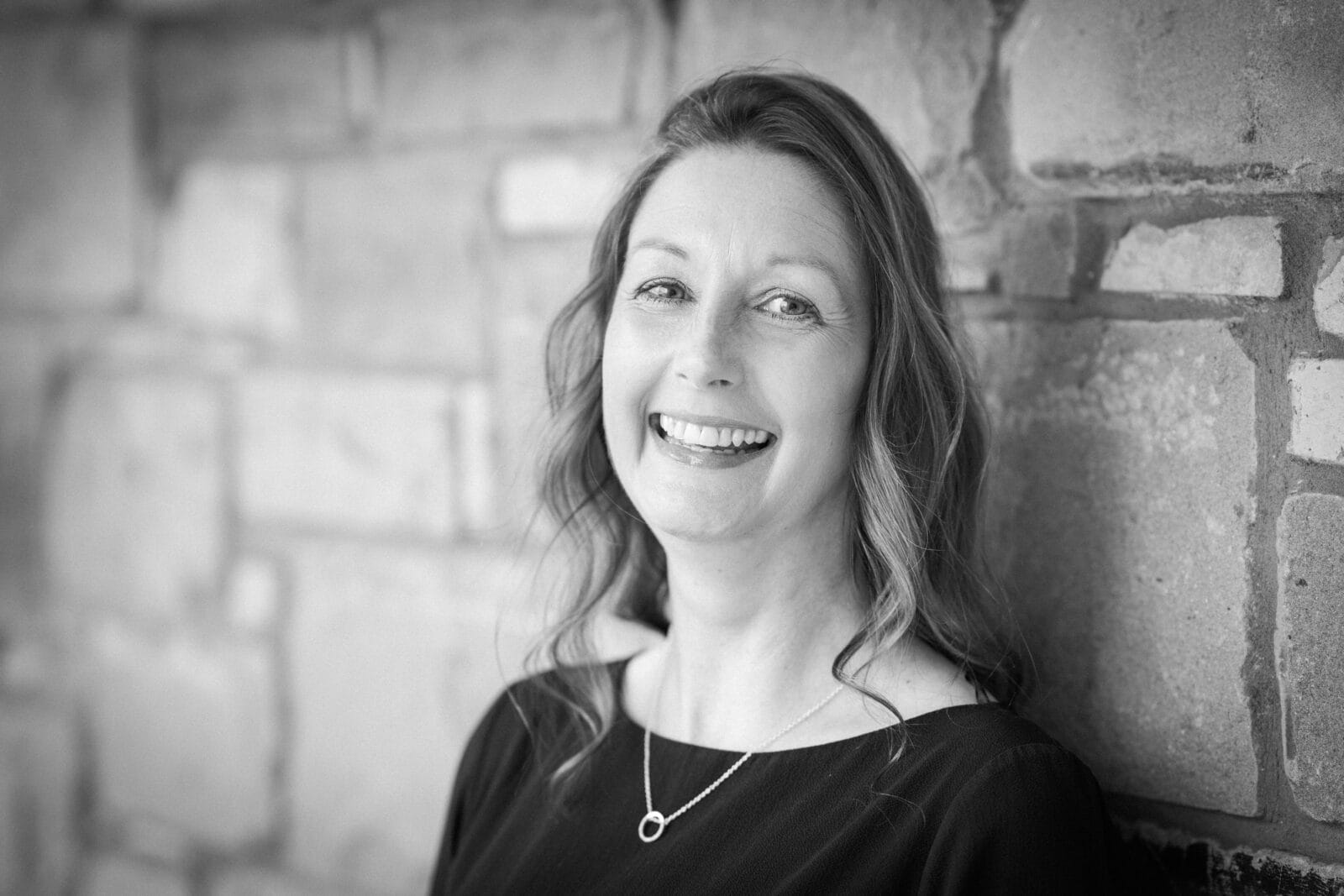In this, the first of a brand-new series of articles for IFA Magazine, Katie Brinsden, managing director at the national, directly authorised IFA, Truly Independent, tells us why this advice profession which we all love and value so much, desperately needs a new pipeline of talent if we are ever going to close the advice gap
One of the key innovations of 2013’s Retail Distribution Review (RDR) was a requirement that financial advisers should have greater qualifications. It is still sobering to reflect that this move very quickly persuaded many advisers to quit.
We can try to frame this in a positive way, of course. We might argue that the departure of advisers who were unwilling or unable to meet higher professional standards should be welcomed.
Yet the fact remains that the mass exodus triggered by the RDR created an “advice gap” that has still to be plugged. The number of people leaving our industry has exceeded the number of people joining it for more than a decade now.
Alarmingly, the disparity is becoming ever more pronounced. The average age of an adviser is currently near 60, and precious few of those who step aside or retire are being succeeded by younger counterparts.
The logical extrapolation of this trajectory, at least over time, is an adviser community of zero. While this is unlikely to happen, there is a very real prospect that finding reliable financial advice will prove increasingly difficult for millions of existing and potential clients.
So how do we halt this decline? How do we guard against the possibility that future generations will be massively underserved by our industry? I believe the answer lies in addressing two broad challenges.
- Develop a new pipeline of talent
According to Financial Conduct Authority data, nearly three quarters of the 31,144 individuals registered to provide retail investment advice in the UK in 2022 were aged 40 or over. Almost 5,000 were aged 60 or above[1].
It seems reasonable to assume most of the veterans in this cohort were on the brink of retirement or seriously thinking about it. So who was poised to step into their shoes?
The figures are less than uplifting in this regard. Only 8% of those 31,144 souls were under 30, while the number of advisers under the age of 25 stood at 426 – and by February this year that number had plunged further, to just 175[2]. As the saying goes: you do the math.
In my view, such a shortfall is not just extremely worrying – it is also embarrassing. An industry in which older age groups are so dominant cannot be seen as genuinely inclusive at a time when diversity is justifiably high on corporate agendas.
A new pipeline of talent is therefore clearly needed. In my experience, the much wider adoption of apprenticeship schemes offers a promising means of restoring some sort of balance and laying foundations for the long term.
Truly Independent has taken on several apprentices in recent years. We have found the most effective approach is to choose well and give newcomers the time and space they need to demonstrate their specific skills. Many have gone on to assume roles in advice, compliance and other areas of the business.
- Ensure seamless succession
Although they are an essential piece of the puzzle, we should not imagine for a moment that apprenticeships are the be-all and end-all. Demographics alone tell us they can go only so far in closing the gap.
After all, there is a substantial chasm between apprentices and 60-somethings. The former are embarking on their careers, while the latter are preparing to conclude theirs. Between the two is a significant body of advisers who are neither tyros nor old hands.
This is why succession is so important. Many advisers spend a lot of their time thinking about other people’s retirement, but the bitter irony is that they seem to spend relatively little thinking about their own.
Succession should not mark the definitive, decisive end of an era. This too frequently leads to clients being cast adrift. It should instead be akin to a non-event – a seamless transition that unfolds over several years and is underpinned by a solid strategy.
For instance, an adviser who intends to ride off into the sunset at 65 should probably start planning a handover five years in advance. Such a degree of anticipation acknowledges that passing on a business built up over a lengthy period is a major undertaking.
Truly has its own approach to this challenge. Using a two-stage acquisition process that pairs a retiring adviser with a suitably qualified successor, we aim to encourage continuity of service and avoid any discernible break in activity. Ideally, clients should scarcely notice the passing of the torch.
Will technology be our saviour?
It would perhaps be unrealistic to discuss the advice gap without touching on the role of robo-advisers. There is no denying that technology has a sizeable part to play in ensuring everyone has access to financial advice, and it should enter the reckoning whenever it can offer a cost-effective and pragmatic solution.
Ultimately, though, most clients continue to value the personal touch. They recognise there are still many things a human can do better than a machine. They prefer their financial journey to be guided by a fellow member of Homo sapiens.
Time for action
On the face of it, this wish was more easily fulfilled several decades ago. In 1990, for example, there were over 200,000 “independent insurance brokers” – as they were commonly known – active in the UK.
Yet the truth is that many of those “experts” would not have met the demands imposed by the RDR. And nobody benefits from financial advice that is inadequately informed, misleading or wholly disingenuous.
It is comforting to know that today’s advisers have shown themselves capable of their chosen vocation. We just need more of them – very likely many thousands more.
As an industry, we should not underestimate the scale of the necessary transformation. Individually and collectively, we have to act. The past decade proves this is not an issue that will miraculously vanish overnight, and we would be deluding ourselves – not to mention betraying our clients – if we should dare to pretend otherwise.
Katie Brinsden is Managing Director of Truly Independent.
[1] See, for example, Financial Times: “Worry for profession as young adviser numbers plummet”, March 12 2024 (https://www.ftadviser.com/your-industry/2024/03/12/worry-for-profession-as-young-adviser-numbers-plummet/).
[2] Ibid.















